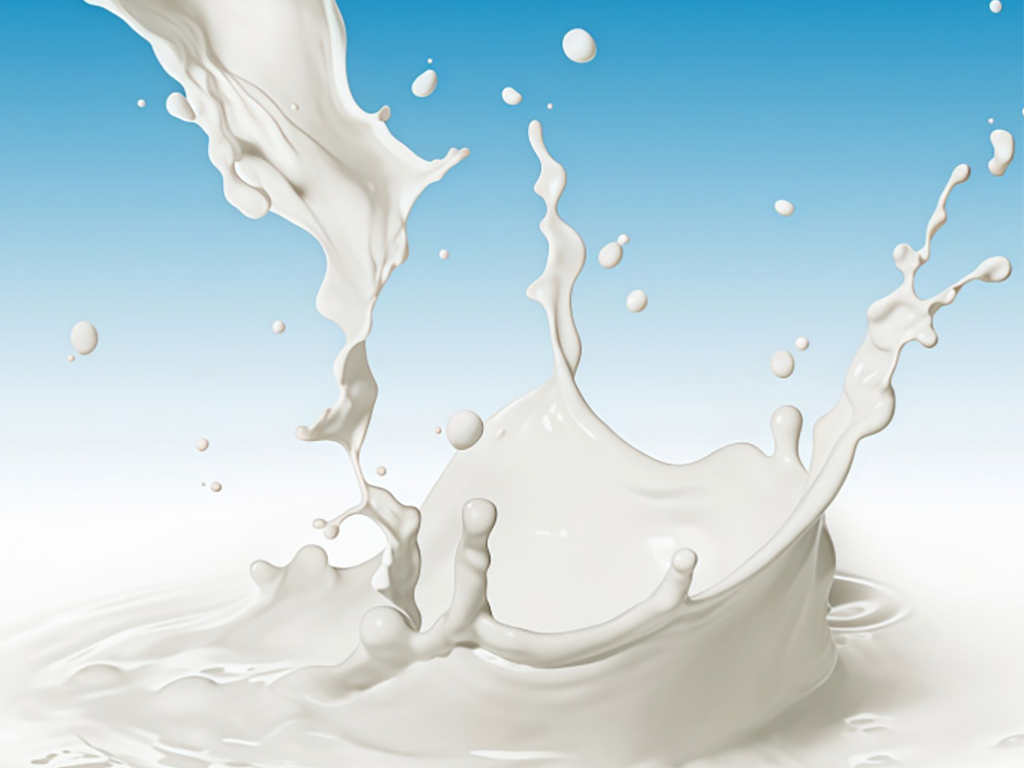Octyl acrylate exhibits properties that make it valuable in polymer formulation: it is a clear, colorless liquid with a mild ester odor, soluble in organic solvents (ethanol, acetone) but insoluble in water. Its key chemical property is a reactive vinyl double bond (C=C), enabling copolymerization with other monomers (methyl acrylate, styrene) to form polymers with tailored properties. Physical properties include a boiling point of ~215°C, flash point of ~85°C (flammable), and density of ~0.88 g/cm³ at 25°C. When polymerized, it imparts low glass transition temperature (Tg ~-60°C) to polymers, enhancing flexibility and elasticity, critical for adhesives and coatings requiring movement without cracking. It improves adhesion to diverse substrates (metals, plastics, paper) due to balanced polarity from its ester group and alkyl chain. Octyl acrylate-based polymers have excellent weather resistance and UV stability, resisting degradation in outdoor environments, and good chemical resistance to oils, water, and mild solvents. These properties—reactivity, flexibility, adhesion, and durability—make octyl acrylate a versatile monomer, supporting its use in adhesives, coatings, and polymers across industries.
